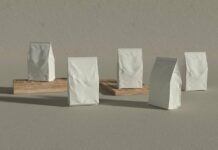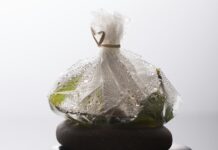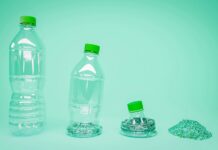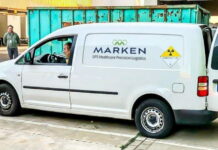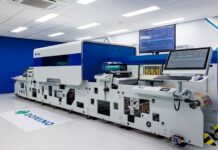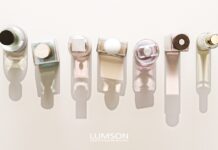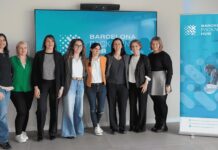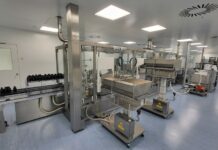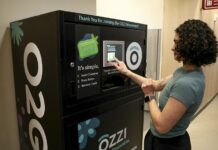Coca-Cola happens to be making huge strides towards sustainability objectives by way of conducting a trial of new tech across Europe that can go on to transform the hard-to-recycle plastic into fresh bottles.
Notably, the company’s biggest European bottler, Europacific Partners, is going to be providing funding to a startup in the Netherlands that specialises in manufacturing food-grade recycled plastic from those plastics that are commonly destined for incineration or landfills.
The hardest-to-recycle materials are trays, clothing, films, and coloured packaging. The objective of the initiative is to go ahead with an initial source of recycled material since the current supplies of recycled plastic happen to be limited as well as costly. It is well to be noted that the companies often go on to rely on richer but cheaper oil as a primary ingredient when it comes to the production of packaging.
The breakthrough recycling process
As part of the sustainability push, Coca-Cola has set itself the aim of elevating the recycled materials across its packaging to 50% by the end of this decade. The company has gone on to achieve 25% progress in this regard thus far. So as to meet this objective, the international beverage behemoth anticipates that its bottlers will use more recycled components.
That said, Joe Franses, the VP for sustainability for Europacific Partners, has gone on to take into consideration the present lack of sufficient recycled plastic and stated that they simply do not have the required levels. The startup that happens to be responsible for CuRe Technology has gone on to create a process that cleanses and also partially breaks down the plastic, thereby letting the recycled material reassembly.
The process, which is called partial depolymerization, helps in colour removal from the polyester, thereby transforming it into clear pellets of polyethylene terephthalate (PET). As per a study by CuRe, this method produces 65% fewer greenhouse emissions as compared to the manufacturing of the new plastic that comes from oil. It is well to be noted that Coca-Cola Europacific Partners went on to invest in CuRe in 2020 and has gone ahead with the investment this year as well.
Testing and expansion endeavours of the recycled plastic
CuRe has been sending samples of the recycled plastic to the headquarters of Coca-Cola, based in Atlanta, for testing. If the recycled plastic goes on to consistently meet the standards in terms of quality, there is a strong reason that it may be introduced across other markets as well.
According to Vermeulen, they are at present focused on scaling up the technology of CuRe in the right way when it comes to use in Europe, which is their primary priority before making inferences as to how other markets can benefit. It is well to be noted that by 2025, one plant is anticipated to be functional and thereby capable of manufacturing almost 25,000 MT of recycled plastic every year.




